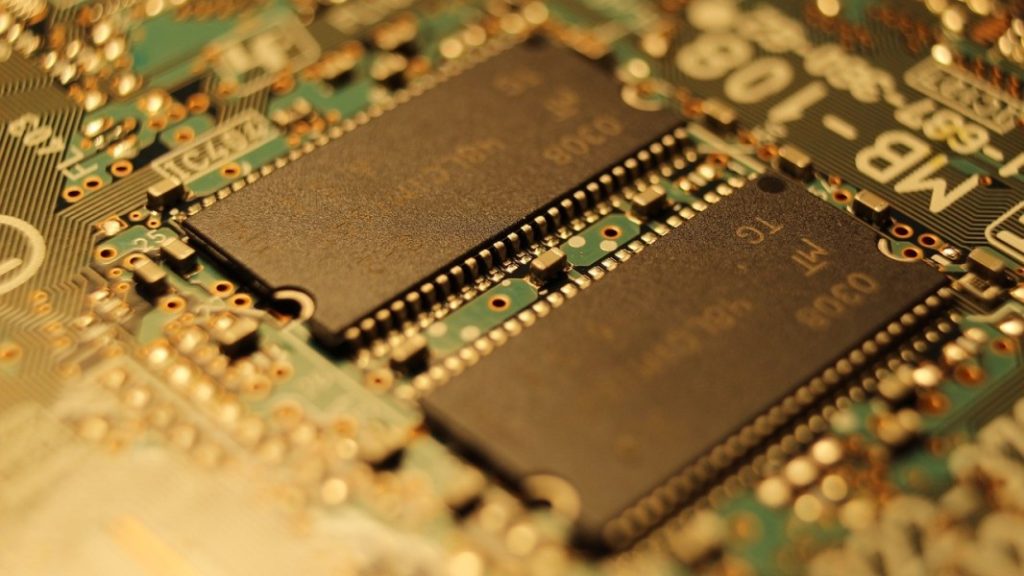Affiliate marketing: 12 months into the AI crystal ball

It has been a while since I’ve shared some musings from the Affiliate ecosystem. Whilst I can’t claim to be the all-encompassing artificial intelligence source of knowledge for said Affiliate market, there have been some clear noises made during recent travels and conversations that I do think need addressing. Let’s begin with a recent trip across the pond…
Affiliate Summit East. Bright lights, loud rooms, lots of calls for traffic and wide-ranging company merch (IYKYK). Amongst the noise, one theme cut through: AI. Not whether it’s coming, that ship’s long since sailed, but what it’s actually going to do to the affiliate market over the next year.
At the moment it feels like AI has arrived at the party, found the drinks cabinet, and is now standing in the corner chatting up everyone’s best clients. Brands are fascinated by it, want to be doing more with it, but seemingly don’t have the in-house talent or speed to develop much themselves. So what happens next?
AI’s role in search is exploding. Between January and May 2025, referral traffic from AI-generated answers grew by over 500% across a sample of sites. That’s not a gentle uptick; it’s proof that consumers are increasingly happy to let a machine do their Googling for them and in many cases, stop right there without ever clicking through.
Which brings us neatly to the big, ugly question: what happens when AI isn’t just pointing people to affiliates, but effectively is the affiliate? If an AI tool can recommend a hotel, a pair of trainers, or a SaaS platform with an affiliate link neatly tucked in, does it start competing with the very partners who’ve historically driven that traffic?
That’s the existential debate. Search affiliates, coupon sites and non-social content partners rely heavily on traditional search. And now, that search behaviour is being hijacked by AI overview boxes, zero-click results, and chat interfaces. To make it worse, nearly 60% of searches already end without a click. AI isn’t building you a funnel; it’s becoming the whole conveyor belt.
Calm down Ceej, I hear you saying. Let’s not panic just yet. Studies show that only a small fraction of AI answers are (currently) genuinely transactional. Most are still top-funnel snippets: quick definitions, instant answers, the sort of info that ends the session there and then. That means high-intent commercial content such as comparison pages, reviews and voucher codes (for example) still have a role. In fact, it’s often the very content AI cites when it does provide a source. So if you’re building for both humans and machines to pick up, you’re not out of the game.
Of course, there’s a catch. Being cited in AI answers doesn’t guarantee traffic. The challenge for affiliates is to create content strong enough that, when AI does scrape it, users still want to click through. That’s the new arms race: “Generative Engine Optimisation” or GEO if, like me, you’re collecting new buzzwords to confuse your friends and family who still don’t know what you do for a living, even more.
Comparison sites in particular will need to rethink. Will AI summarise your carefully-crafted Top 10 broadband deals page into a neat three-sentence box and leave you nothing but tumbleweed? Possibly. But if your data is solid and your page offers a reason to engage (interactive tools, live pricing, exclusive offers etc) then you’ve got a fighting chance.
And let’s not forget the other conversation still humming in the background: regulation. Last year it was data. This year it’s AI. Spoiler alert next year it’ll probably be data and AI, wrapped up in a compliance bow no one asked for. Tracking, consent, attribution models – they’re not going anywhere, and they’ll continue to shape what “performance” even means.
So, where will we be in 12 months?
Here’s my take from all our discussions at ASE and in recent months:
- AI won’t replace affiliates entirely. It will chip away at the easy wins, but the performance model is resilient. Affiliate marketing has survived cookies crumbling, browsers sulking, and regulators sharpening their pencils. It will likely survive this too.
- Traffic will shift. Expect fewer casual clicks and more filtered, higher-intent visits. That’s not necessarily bad news – it might even improve conversion rates.
- Winners will adapt. Affiliates who treat AI as another distribution channel by optimising to be cited and building content that’s AI-friendly will continue to grow. The ones who bury their heads in the sand will end up writing LinkedIn posts about “the good old days of SEO.”
- Brands will lean harder on partners. If AI innovation isn’t happening in-house, they’ll want affiliates and tech partners to fill the gap. That opens the door for anyone offering tools, integrations, and smarter tracking. (Yes I work at a tech partner business and it’s a shameless plug – but it’s a true and relevant statement).
So should you be worried? Only if you think doing nothing is a strategy. The affiliate market a year from now won’t look unrecognisable, but the centre of gravity I can see will have shifted. More AI in the mix, fewer lazy clicks and tougher competition for space in those AI-generated answers.
The trick will be treating AI as an amplifier, not an enemy. Work out how to be visible, how to be the source of truth, and how to add value beyond what a one-liner summary can deliver. Do that, and in 12 month’s time you can still be cashing in commissions even if the funnel looks a little different.
OpenAI to be 2026’s Super Affiliate? WDYT?

Chris ‘Ceej’ Johnson is CMO at intent.ly. With over 15 years’ experience in digital, affiliate and performance marketing, he has a passion for all things consumer behaviour and innovative advertising.
